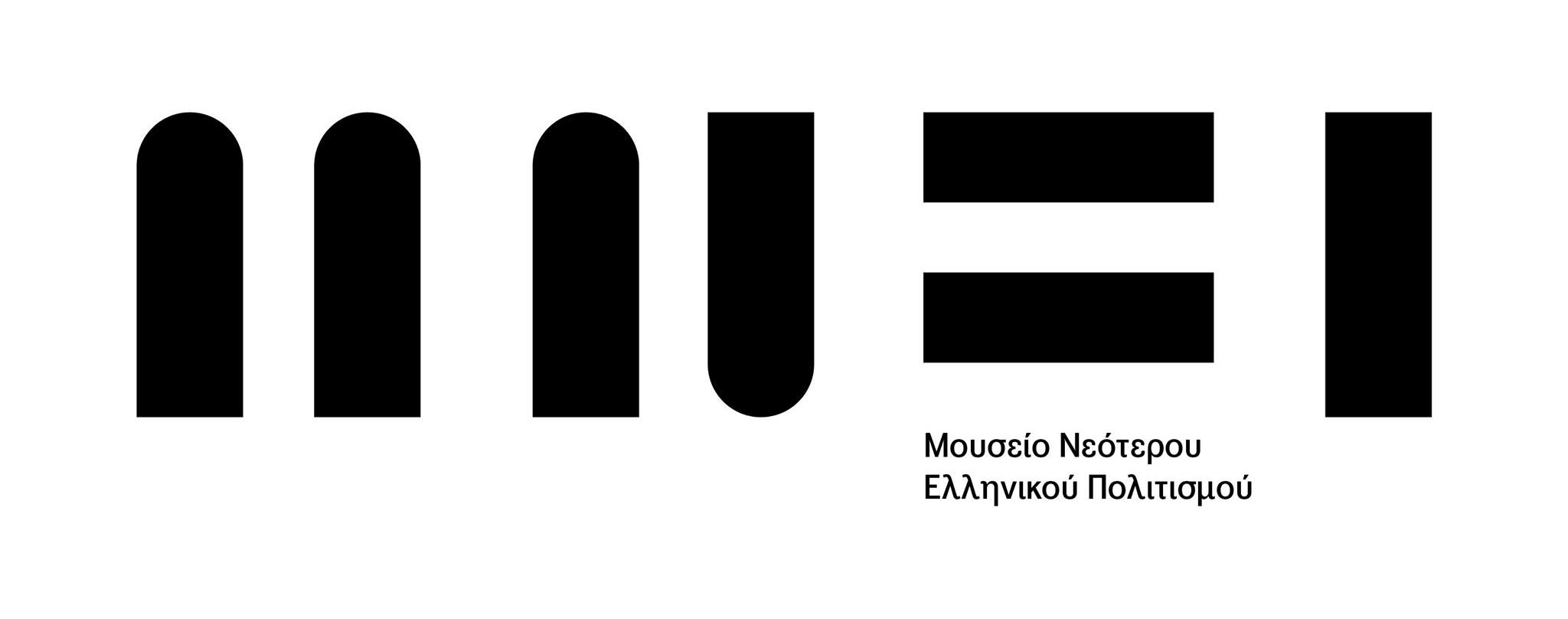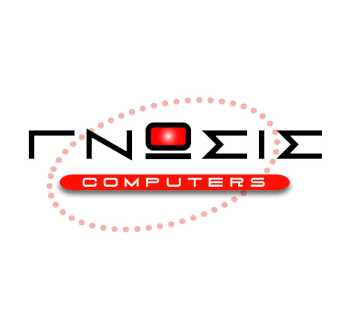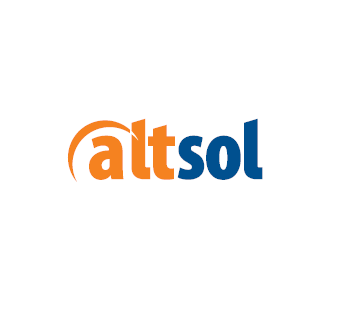Participants
Technology Solutions H&S S.A.

The company was founded in 2003 to provide specialized ICT solutions, products and services to Private and Public Sector Enterprises and Organizations. The company aims to offer its customers integrated solutions based on cutting-edge technologies and targets “islands” of markets by offering specialized solutions. The company in its effort to offer innovative products and services invests from the first year of operation in Research and Development activities, both within the company and by funding research efforts of Academic Institutions. During its period of operation, the company has gained a significant experience in the development of IT-telecom solutions and a remarkable clientele from a wide range of business activities.
MNEP (Museum of Modern Greek Culture)

GENERAL
The Museum of Modern Greek Culture was founded in 1918. It is the only public museum of the Ministry of Culture that deals with the tangible and intangible modern Greek cultural heritage.
In the new permanent exhibition in the block of Areos-Kladou-Branch-Vrysakiou-Adrianou, modern Greek culture is presented in a comprehensive way, with more than 2,500 exhibits from its collections. The focus shifts to man and what defines the collective modern Greek identity. The new exhibition sections cover different aspects of everyday life, such as work, architecture, clothing, entertainment, eating habits and popular worship.
The Museum has conservation workshops with innovative equipment, a library specialised in traditional culture, social sciences, history, etc., a photographic archive, a film library and a sound library.
INTEREST
For more than 100 years, the MNEP has structured its museum interests around the triptych of collecting and preserving, documenting and displaying objects of everyday use and ritual function of modern Greek culture.
The collecting policy of the SNAP, through targeted purchases and mainly donations from private and public institutions, deals dialectically with the living recent past. The more than 25,000 objects in its collections come from the Greek territory and from areas where Greek communities lived and worked and date from the mid-18th century to the 1970s.
The objects are preserved and stored, after being documented, using both bibliographical sources and oral testimonies, in order to present traditional culture in its historical and social context.
The museum’s exhibition policy, both in the permanent exhibition units and in the temporary exhibitions, is accompanied by educational programmes, concurrent concerts, theatre, etc. events, collaborations with researchers, artists and different visitor communities, showcases symbols and objects, customs and traditions, traditional arts and techniques that make up the modern Greek reality, and fosters dialogue with contemporary artistic production and intercultural dialogue with vulnerable social groups.
ROLE IN THE PROJECT
The MNEP in the framework of MELTOpenlad collaborates with the other partners to develop the integrated information system to enhance the museum experience, and tools for the synthesis, management, evaluation and promotion of exhibits and related conservation processes and methods. It provides, in addition to existing documentation, ethnological and historical information by exhibit, showcase and room, classified for specialized, general and minor audiences. At the same time, it proposes a series of alternative thematic itineraries in its exhibition units, with selected objects to enhance the personalised visit, enriching its museological concept with contemporary social and cultural questions. The information system will be piloted in the halls of the new permanent exhibition units of the MNEP.
Finally, it creates and equips an Open Lab for the conservation of textiles, aiming at the presentation and demonstration of the methods of conservation and restoration of textile objects, for a special audience (conservators and textile technologists, students of relevant educational institutions, etc.).
Laboratory of Information Management, Department of Archaeology, Library and Information Systems, University of West Attica

GENERAL
The Information Management Research Laboratory (IML) is inextricably linked to the Department of Archives, Librarianship and Information Systems of the Faculty of Management, Economics and Social Sciences. Its objective is applied research on information technologies and methods of effective management of information regardless of the substrate on which it is recorded. It specialises in the management of cultural information (library, archive and museum material), but does not exclude the management of administrative or informational information of organisations and businesses. The aim is to accommodate all kinds of information management activities such as: digitisation, documentation, organisation in databases and semantic interconnection, promotion through digital portals and websites, preservation, social networking, etc.
INTEREST
The research interests of the EDPS extend along three main scientific axes. Information Management, Scholarly Communication & Scientometrics and Conservation and Preservation of Cultural Heritage Materials in Libraries, Archives and Museums. The Information Management axis includes retrieval, information and data access policy, organisation and dissemination of information and data, and user search behaviour. Information law, information management systems and proper content curation are also other vital aspects in which the NDL specializes. In addition, the Laboratory emphasizes the production of state-of-the-art research studies in the fields of digital libraries, the development of metadata and ontology schemas, the creation of interlinked data structures, and the recommendation of best practices in the context of the Semantic Web.The Science Communication axis deals with the study of science by setting quantified indicators of the performance of researchers at micro-level and of academic institutions at macro-level. Some of the key aspects of this area of activity of the EDC relate to measuring the quality and impact of research, gaining deeper knowledge about the dissemination of hetero-reports, mapping scientific fields and, holistically, understanding the impact of publications on both the research community and society. The Lab also extends its knowledge to more recent approaches in this area, such as Webometrics and Altmetrics. In the Preservation axis, the NCP is actively involved in research efforts related to understanding the factors that influence the physical deterioration and decay of information (paper physics and artificial aging) and its preservation/maintenance. Members of the EDP team have been active in the research and practice of collection preservation methods and risk assessment and management research in cultural heritage organizations.
ROLE IN THE PROJECT
The Information Management Laboratory participates in the project by assisting in four working modules. Firstly, research on trends and evaluation methods of digital documentation technologies for exhibits/objects of recent cultural heritage & their preservation methods, visitor tracking technologies and analysis/measurement of museum experience. At the next level, the EDP is involved in the design and architecture of the information system of MET&ELAMO-SFA, and more specifically in the analysis of the individual characteristics of each requirement/specification (type of information or element required, how it is processed, collected, managed and presented), ways to be used to satisfy all parameters during the experimental development of the system, checkpoints, as well as in the procedures and feedback to the theoretical design model P.S. At the same time, the Laboratory participates in the development of an open source application (based on widely used open source technologies) that will allow the documentation, management, search and display of folklore objects and methods / history / maintenance planning of the collections of MELT&ELAMO-SFA, based on an appropriately defined ontology, allowing complex semantic associations, “running” and forward reasoning inference engine. Finally, the EDP participates in the project in the 6th Work Module. The deliverable of this module will be a digital repository and will include the following: 1) the extraction of digitized data for all documents from the existing MET&ELAMO-SFA Database and their import into the new subsystem with appropriate data mapping, 2) the development of new documented content for selected exhibits, 3) the development of documentation of methods and procedures based on the maintenance reports for selected exhibits (for which data exist) in order to present the life cycle of each exhibit, 4) and the creation of documented entities and links from the digitized objects (exhibits, literature, persons, events, places) and procedures of MET&ELAMO-SFA.
Department of Digital Systems – University of Peloponnese

GENERAL
The Department of Digital Systems of the Faculty of Economics and Technology of the University was established by article 46 of Law 4610/2019 (Government Gazette 70/A/07-05-2019), as a continuation of the Department of Computer Engineering of the former TEI of Peloponnese. Its objective is to provide fundamental and specialized knowledge in the science & technology of modern integrated computer and telecommunication systems. The MSc aims at the areas of computer hardware and software, computer science, information & telecommunication systems, signal processing, networks and internet services and technologies.
INTEREST
The research interests and experience of the faculty members from the Universities of Peloponnese and Piraeus participating in the project include the development of positioning technologies and services, integration of digital services in heterogeneous networks, operational modelling and service provision in mobile networks and pervasive services environments, wireless communication protocols and sensor systems and algorithms for sensing applications, coverage, routing and energy management issues in wireless sensor systems, and the development of new technologies and services for the deployment of mobile networks.
Furthermore, in the field of application development, design and implementation of network applications and services as well as software, middleware and internet technologies with many years of experience with active participation in the design and implementation of numerous European and national research projects.
ROLE IN THE PROJECT
The main activities of the Pan. Peloponnese in the project concerns the development, installation, configuration and operation of the infrastructure (hardware and software) that will be required to conduct the research and pilot operation of the MeltOpenLab system and more specifically the Measurement, Analysis and Creation of Museum Experience Subsystem and its interfaces with the Documentation & Repository of Cultural Exhibits and their Restoration and Conservation Methods.
Kon. Mantes – Dim. Tsamis Ο.Ε.

GENERAL
GNOSIS Computers is a company that has been active in the field of Information and Communication Technologies since 1993 with the main objective of providing integrated solutions, including IT and communication infrastructure solutions, business applications and specialized solutions for the Public and Private Sector.
INTEREST
GNOSIS Computers is active in the fields of ICT and related services, in particular in the research, design and development of complex information systems and innovative internet applications, in multiple sectors of the economy, as well as in the field of culture. The research interests of GNOSIS Computers focus on behavioural models, IOT solutions in the field of tourism-culture, Big Data management and analysis, and e-learning, among others.
ROLE IN THE PROJECT
GNOSIS Computers participates in the project by participating in five working modules. Its role in the project is mainly focused on the preparation of the Deliverables “Technical Feasibility Study” and “Techno-economic model and scenarios for the exploitation of research products” which refer to the documentation of the need for the subsequent development of the proposed commercial solution as well as the steps required for the full commercial exploitation and the possible scaling up of the proposed platform. In addition, the company is participating in the project’s product design and development activities with a focus on the Visitor Partitioning Tool of Subsystem 2 of the platform.
Ν.Papazis and SIA Ο.Ε.

GENERAL
The object of AltSol is the development of custom-made business applications, i.e. special applications tailored to the needs and specifications of each project, as well as the provision of integrated long-term technical support services. The company has a long experience in joining broader development schemes and working seamlessly with other software engineering teams with the sole objective of optimally meeting the needs of the final product, project or system.
INTEREST
The interests of the company’s executives include the development of digital and descriptive repository applications for document cataloging, access and ontology management, based on widespread open source technologies, tools, research and expertise. Extensive experience covers the areas of culture, museums, libraries, digital collections and archives, as well as the management and organization with semantic standards of information and documents in the humanities and social sciences.
ROLE IN THE PROJECT
AltSol is active in the project’s work modules concerning the design, architecture, development, implementation and operation of the information system for the Management of Semantic Data, Documentation and Repository of Cultural Exhibits and Methods of their Restoration and Conservation. In addition, he/she participates in the work modules related to the development and operation of the interfaces with the Museum Experience Creation Subsystem, as well as in the specification analysis processes in order to satisfy the theoretical ontology and design models of the involved Information Systems.